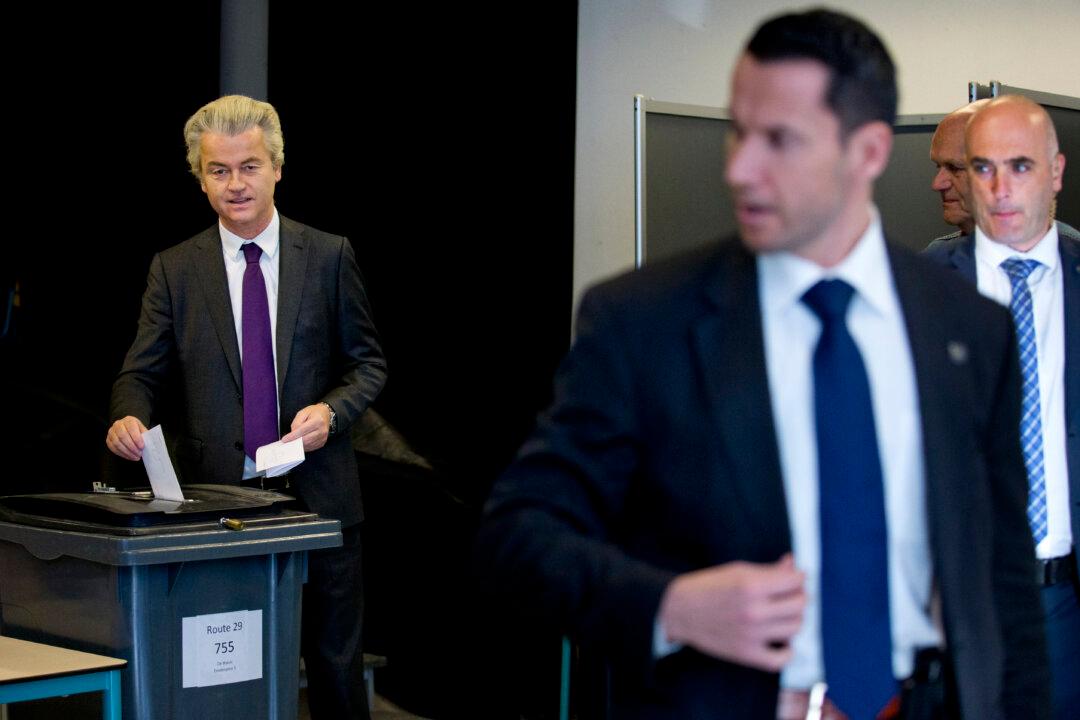THE HAGUE, Netherlands—The Dutch voted Wednesday in a referendum on a far-reaching free trade deal meant to foster closer ties between Ukraine and the European Union that has run into opposition in the Netherlands where many see it as evidence of unwanted EU expansionism.
The non-binding vote in the Netherlands exposes deep divisions about this country’s place in Europe and comes less than three months before British citizens decide in their own referendum whether to leave the EU altogether.
Dutch opponents of the EU-Ukraine association agreement argue its ultimate goal is bringing Kiev into the EU. Supporters say it is not a membership stepping stone and will boost trade and help battle corruption and improve human rights in the former Soviet republic on Europe’s restive eastern edge.
“It’s about solidarity with a country which wants to develop itself and I believe, in (the) longer term, I would like for Ukraine to have both a stable relationship with Europe and with Russia,” Prime Minister Mark Rutte said after voting.






